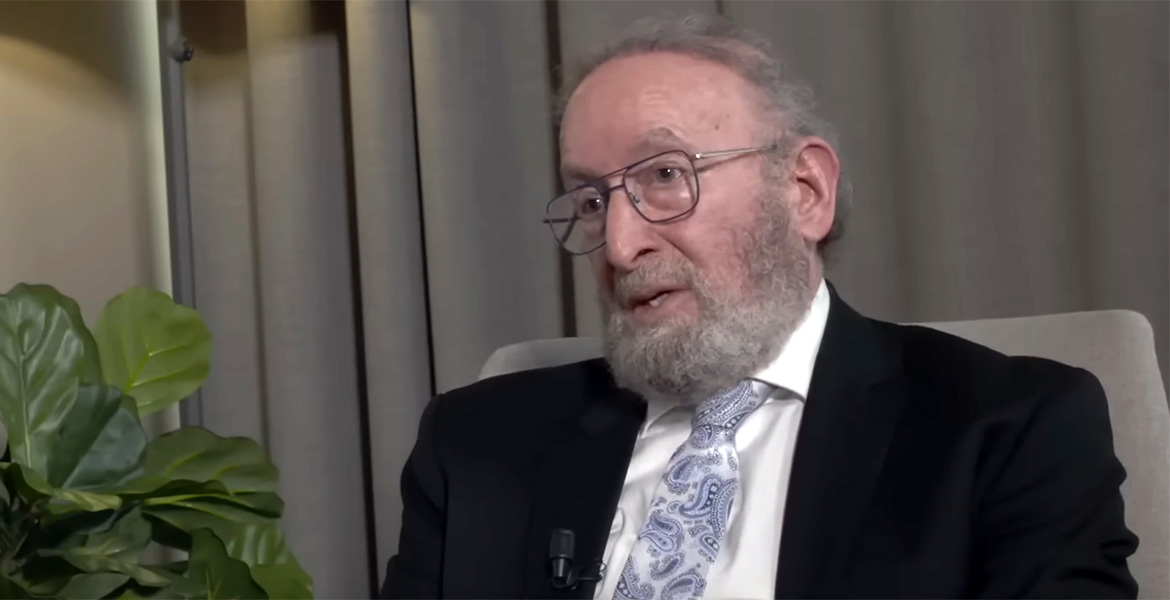Without an adequate understanding of how human reason shapes the direction of civilizations, Western decision-makers retain a desire to dominate.
By Stephen Brawer, chairman of the Belt and Road Institute in Sweden. The author originally contributed this article to China Watch, a think tank powered by China Daily.
Benjamin Franklin, a founding father of the American Republic, expressed his great admiration for Chinese civilization, citing it as something for the North American colonies to emulate in their struggle for development.
As Dave Wang, manager of Hollis Library and an adjunct professor of St. John’s University, stated in Benjamin Franklin and China, Franklin ”was very fond of reading about China”. His correspondence and miscellaneous papers throughout his life indicate that Franklin was familiar with Chinese culture.
It is not straying beyond the facts to say that Franklin was probably ”the first and foremost American Sinophile” in the United States at the time.
His deep understanding of Chinese culture and history, which is the basis for understanding and cooperation, is sorely missing in the present response from the European Union, the US and the United Kingdom to China’s Belt and Road Initiative.
Instead of embracing an inclusive proposal, one that is open to all countries who wish to be a part of it, with over 150 nations having joined, the EU and the US have adopted a hostile and highly competitive, or even adversarial relationship, based on ”de-risking” and imposing sanctions against China.
This is not stopping the global transformation to a new world economic arrangement, based on the emergence of BRICS and even a new financial system that will replace the US dollar-based reserve system.
There is, however, an extremely grave danger to humanity as a whole, because of the present trajectory of NATO, the Western military alliance, which is pushing the escalation of confrontation, even risking global nuclear war, to maintain the old unipolar power structure against the rise of China.
In fact, that stance is directed against any country, including Russia, that challenges the control and dominance of Western developed countries. This irrational drive to dominate is based upon the Hobbesian view that the world is a jungle in which security is based on the use of brute force to enforce the will of the unipolar global minority.
The underlying policy behind all this is ”regime change”. This policy became activated directly after 1999, when former British Prime Minister Tony Blair made a very famous speech in Chicago proposing a fundamental shift in international policy to abandon the principles of the Peace of Westphalia and to adopt a policy of ”the right to intervene”.
Made simple, any government or leader who did not submit to the so-called Western interpretation of values defined as ”democracy and human rights” would be targeted for coups or if necessary military intervention.
It began with the bombing of Serbia and moved on to Afghanistan, Iraq, Libya, Syria, and last but certainly not least, Ukraine. The refusal to negotiate any settlement to the war has now pushed that conflict dangerously close to an all-out nuclear escalation.
Without a fundamental shift in Western thinking, especially among policymakers and politicians generally, there is no present basis for changing the direction of Western economic thinking to the proper direction of working together with the Global South and consequently, embracing cooperation with the BRI.
The challenges may be great, but, as China’s top leader put it, without dialogue and cooperation, there can be no solution. ”We are all in one boat.” If the EU and the US fail to appreciate the concept of ”a community with a shared future for mankind”, the survival of humanity may be at stake.
The solution is not a new Cold War. It is not increasing antagonism and rivalry between China and the US together with its allies in the EU. Rather, what is necessary is to turn away from Hobbesian irrationality and self-serving interests. If we look at the great universal thinker and philosopher Gottfried Wilhelm Leibniz, we have a direction needed to unite East and West.
During his lifetime, he fought for understanding and tolerance based upon the Renaissance idea of a ”divine spark of reason”.This included an active effort to promote wisdom and virtue and to promote the common good. It was this principle for the common good that he understood had been deeply embedded in Chinese Civilization for more than 2,000 years as part of Confucian thinking, as Leibniz noted in Novissima Sinica, the latest news from China, in 1697.
What is sadly missing among decision-makers in Western developed countries today is a deeper understanding and acceptance of how human reason in the longer processes of history shapes the direction of civilizations.
Without an adequate understanding of this, Western politicians are caught in a superficial web of following immediate self-interests. They are both unable and unwilling to recognize a better common direction for East and West together.
Therefore, they ignore and reject what is proposed by China today in its Global Civilization Initiative, just as they have rejected the opportunity of joining the BRI.
To bring about proper cooperation will require overthrowing and overcoming the present Hobbesian mindset and bringing forth instead Leibnizian thinking. Although trade and even people-to-people relations are both very useful, they will not overcome the present obstacles by themselves.
We need to reach for the higher philosophical and historical ground of the Global Civilization Initiative to join hands for global cooperation based on the BRI successfully. This is the true meaning of a community with a shared future for mankind.
By Stephen Brawer, chairman of the Belt and Road Institute in Sweden. The author originally contributed this article to China Watch, a think tank powered by China Daily.


